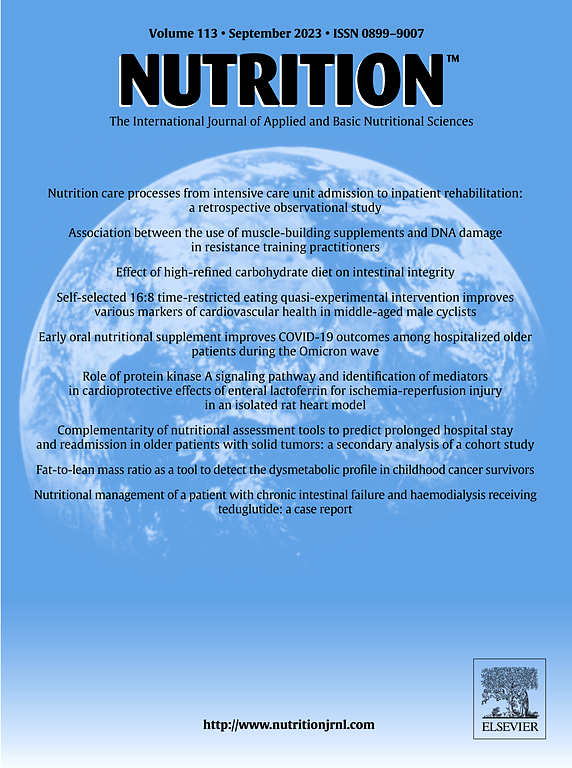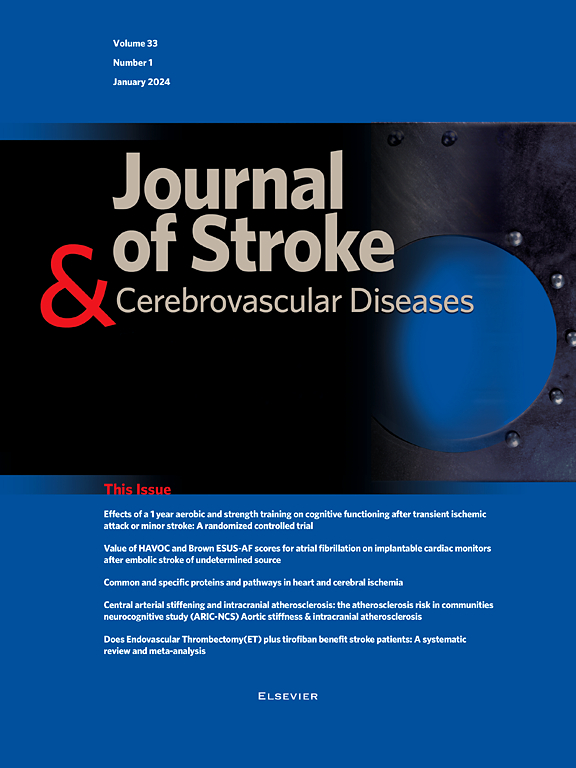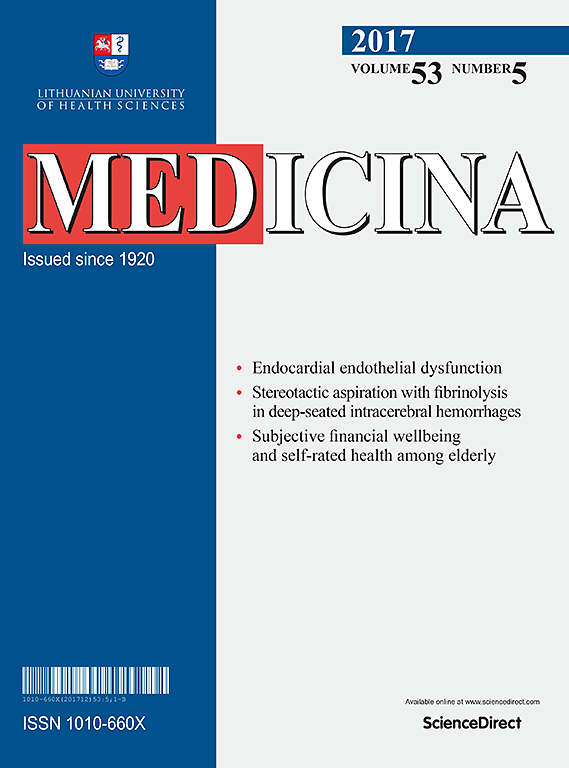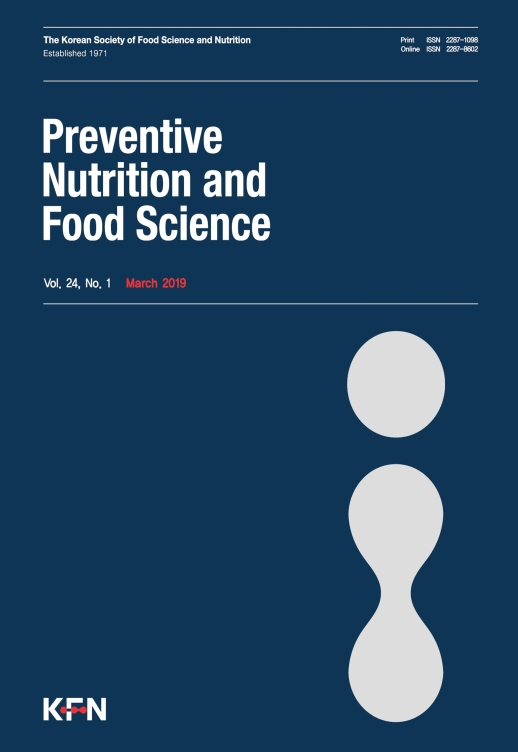Stroke Risk
How to submit an article:
- Registered users can submit any published journal article that has a unique DOI (Digital Object Identifier) name or link to Research Hub.
- For example, you can paste the full DOI link:
https://doi.org/10.1109/5.771073or just the DOI name:10.1109/5.771073into the field above and click submit. - The person who is first to submit a valid article to Research Hub will forever be credited for it, and every article submission earns you +6 Research Points.
Related Topics
Published research studies are articles that present the findings of original research that has undergone a peer-review process and has been made publicly available in scholarly journals, books or other media.

Green tea consumption and the risk of stroke: A systematic review and meta-analysis of cohort studies
2023 Mar Nutrition Wang ZM, Chen B, Zhou B, Zhao D, Wang LS
Systematic Review Meta-Analysis Stroke Green Tea Stroke RiskOur dose-response analysis indicated that moderate green tea consumption (500–1000 mL/d) was associated with a 21% to 24% lower risk of stroke.

Coffee Consumption and Stroke Risk: Evidence from a Systematic Review and Meta-Analysis of more than 2.4 Million Men and Women
2021 Jan Journal of Stroke and Cerebrovascular Diseases Shao C, Tang H, Wang X, He J
Systematic Review Meta-Analysis Stroke Stroke Risk CoffeeHigher coffee consumption, specifically 3-4 cups daily, is associated with a 21% lower risk of stroke, with no further reductions with increased intake.

Reduced Stroke Risk among Patients with Atrial Fibrillation Receiving Chinese Herbal Medicines Treatment: Analysis of Domestic Data in Taiwan
2020 Jun 09 Medicina Zheng LC, Livneh H, Chen WJ, Lin MC, Lu MC, Yeh CC, et al.
Cohort Study Stroke Atrial FibrillationAdding Chinese herbal medicines to conventional therapy could decrease subsequent stroke risk for atrial fibrillation patients.

Association between Green Tea Consumption and Risk of Stroke in Middle-Aged and Older Korean Men: The Health Examinees (HEXA) Study
2019 Mar 31 Preventive Nutrition and Food Science Lee J, Kim Y
Higher consumption of green tea was inversely associated with stroke risk in middle-aged and older Korean men.
Cohort Study Green Tea StrokeResearch insights are moderated by the Research Hub team and offer an at-a-glance overview of interesting research findings.

2023 Nutrition
Our dose-response analysis indicated that moderate green tea consumption (500–1000 mL/d) was associated with a 21% to 24% lower risk of stroke.
Systematic Review Green Tea Stroke
Green tea consumption and the risk of stroke: A systematic review and meta-analysis of cohort studies
Wang ZM, Chen B, Zhou B, Zhao D, Wang LS

2021 Journal of Stroke and Cerebrovascular Diseases
Higher coffee consumption, specifically 3-4 cups daily, is associated with a 21% lower risk of stroke, with no further reductions with increased intake.
Systematic Review Coffee Stroke
Coffee Consumption and Stroke Risk: Evidence from a Systematic Review and Meta-Analysis of more than 2.4 Million Men and Women
Shao C, Tang H, Wang X, He J

2020 Medicina
Adding Chinese herbal medicines to conventional therapy could decrease subsequent stroke risk for atrial fibrillation patients.
Cohort Study Atrial Fibrillation Stroke
Reduced Stroke Risk among Patients with Atrial Fibrillation Receiving Chinese Herbal Medicines Treatment: Analysis of Domestic Data in Taiwan
Zheng LC, Livneh H, Chen WJ, Lin MC, Lu MC, Yeh CC, et al.
Review Articles
Review articles summarise and critically evaluate the current state of research on a specific topic or field by synthesising multiple primary research studies.

Green tea consumption and the risk of stroke: A systematic review and meta-analysis of cohort studies
2023 Mar Nutrition Wang ZM, Chen B, Zhou B, Zhao D, Wang LS
Systematic Review Meta-Analysis Stroke Green Tea Stroke RiskOur dose-response analysis indicated that moderate green tea consumption (500–1000 mL/d) was associated with a 21% to 24% lower risk of stroke.

Coffee Consumption and Stroke Risk: Evidence from a Systematic Review and Meta-Analysis of more than 2.4 Million Men and Women
2021 Jan Journal of Stroke and Cerebrovascular Diseases Shao C, Tang H, Wang X, He J
Systematic Review Meta-Analysis Stroke Stroke Risk CoffeeHigher coffee consumption, specifically 3-4 cups daily, is associated with a 21% lower risk of stroke, with no further reductions with increased intake.
Clinical Trials
Clinical trials are research studies that involve people and are conducted to evaluate the safety and efficacy of new treatments or interventions, such as drugs, medical devices, or behavioural therapies.
Study Protocols
Published study protocols are detailed plans that outline the objectives, methodology, statistical analyses, and organisation of a research study that have been made publicly available for others to review and use as a reference.
Presentation Slides

Systematic Review
Our dose-response analysis indicated that moderate green tea consumption (500–1000 mL/d) was associated with a 21% to 24% lower risk of stroke.
Wang ZM, Chen B, Zhou B, Zhao D, Wang LS

Systematic Review
Higher coffee consumption, specifically 3-4 cups daily, is associated with a 21% lower risk of stroke, with no further reductions with increased intake.
Shao C, Tang H, Wang X, He J

Cohort Study
Adding Chinese herbal medicines to conventional therapy could decrease subsequent stroke risk for atrial fibrillation patients.
Zheng LC, Livneh H, Chen WJ, Lin MC, Lu MC, Yeh CC, Tsai TY
Executive Summary
Write an executive summary in the form of a blog article on the topic of "Research into Chinese medicine treatment for Stroke Risk" summarising the research below and using language that can be easily understood by patients and avoiding medical jargon using a professional and caring tone of voice.
Write an executive summary in the form of a blog article on the topic of "Researched Chinese medicine treatments for Stroke Risk" summarising the research below in an objective and easy to understand way, and using language that can be easily understood by patients. Group the article into Chinese medicine treatments first, followed by nutrition and other treatments. Avoid using medical jargon and use a professional and caring tone of voice.
Write me a concise but easy to understand executive summary on the topic of "Chinese medicine treatments for Stroke Risk" based on the following research that I will give you. Your summary should be 2 paragraphs long in Australian English spelling and include references to the studies.
A Systematic Review published in 2023 in the journal Nutrition found that Our dose-response analysis indicated that moderate green tea consumption (500–1000 mL/d) was associated with a 21% to 24% lower risk of stroke. The meta-analysis aimed to clarify the inconsistent findings in epidemiologic studies regarding the link between green tea consumption and stroke risk. Five prospective cohort studies, involving 645,393 participants and 11,421 stroke cases, were analyzed. The summary relative risk (RR) revealed a substantial association, indicating a 26% reduction in stroke risk with the highest green tea consumption. The dose-response analysis indicated a nonlinear relationship, and compared with non-consumers, various levels of green tea intake showed progressively reduced RRs for stroke, emphasizing a potential protective effect. The findings from the meta-analysis strongly suggest an inverse association between green tea consumption and stroke risk. Notably, the highest green tea consumption demonstrated a significant 26% risk reduction. The dose-response analysis further highlighted a nonlinear relationship, with moderate consumption levels (500–1000 mL/d) showing the most substantial risk reduction. These results provide support for recommending green tea consumption as a measure for the primary prevention of stroke.
A Systematic Review published in 2021 in the journal Journal of Stroke and Cerebrovascular Diseases found that Higher coffee consumption, specifically 3-4 cups daily, is associated with a 21% lower risk of stroke, with no further reductions with increased intake. The research utilized a systematic review and meta-analysis approach to investigate the link between coffee consumption and stroke risk. Random-effects models were employed to compile relative risk estimates. The assessment was structured to compare the highest and lowest categories of coffee consumption and utilized a one-stage robust error meta-regression model for stroke risk assessment. The study incorporated 21 separate studies which in total included over 2.4 million participants. The findings suggest a significant inverse connection between coffee consumption and the risk of stroke. According to the pooled relative risk analysis, the highest versus the lowest categories of coffee consumption showed a decrease in stroke risk. There seems to be a nonlinear (U-shaped) relationship between stroke risk and coffee consumption, with the lowest risk (21% lower) associated with consuming 3-4 cups of coffee per day. Sensitivity analysis suggested the influence of each individual data set on the overall result wasn't significant, and while some evidence of publication bias was witnessed, additional analysis established that potential bias didn't impact the findings noticeably.
A Cohort Study published in 2020 in the journal Medicina found that Adding Chinese herbal medicines to conventional therapy could decrease subsequent stroke risk for atrial fibrillation patients. From a nationwide database, 11,456 AF patients aged ≧ 20 years between 1998 and 2007 were identified. Afterwards, we enrolled 2670 CHMs users and randomly selected 2670 non-CHMs users using the propensity score method. The occurrence of stroke was recorded until the end of 2012. Within the follow-up period, 671 CHMs users and 900 non-CHMs users developed stroke, with incidence rates of 33.02 and 45.46 per 1000 person-years, respectively. CHMs use was associated with a 30% lower stroke risk, especially for those receiving CHMs for over two years.
Moderation Tools
Topic
Sign In
Users not signed in are limited to viewing the 5 most recent items of content.